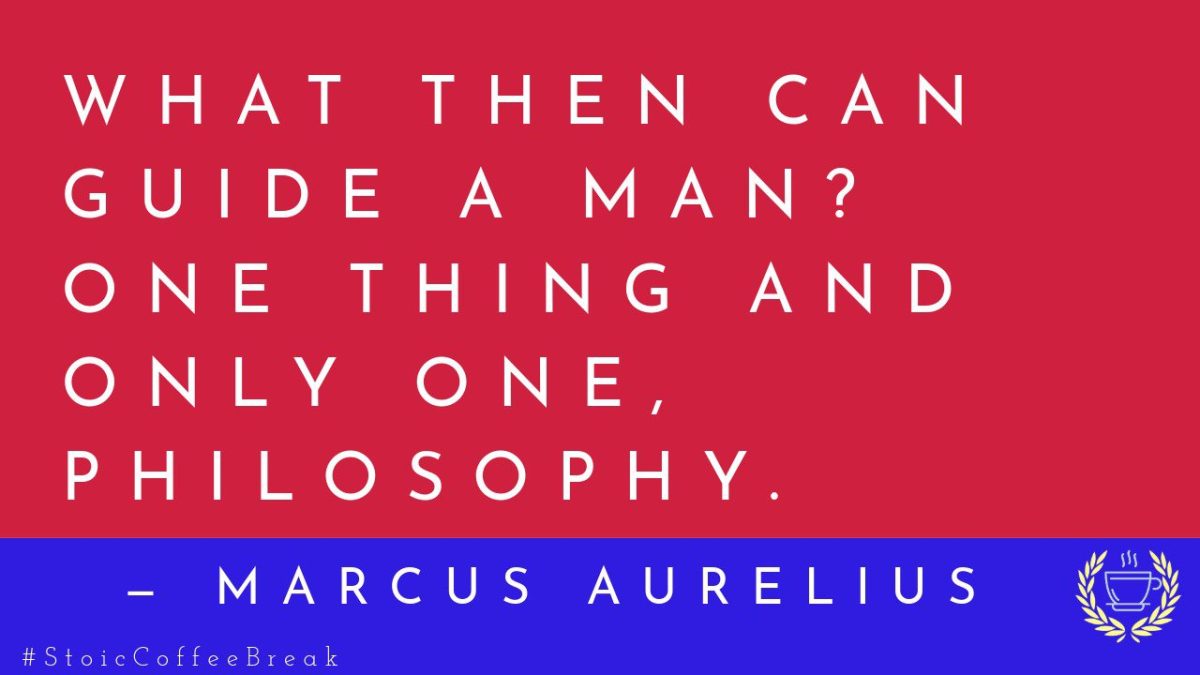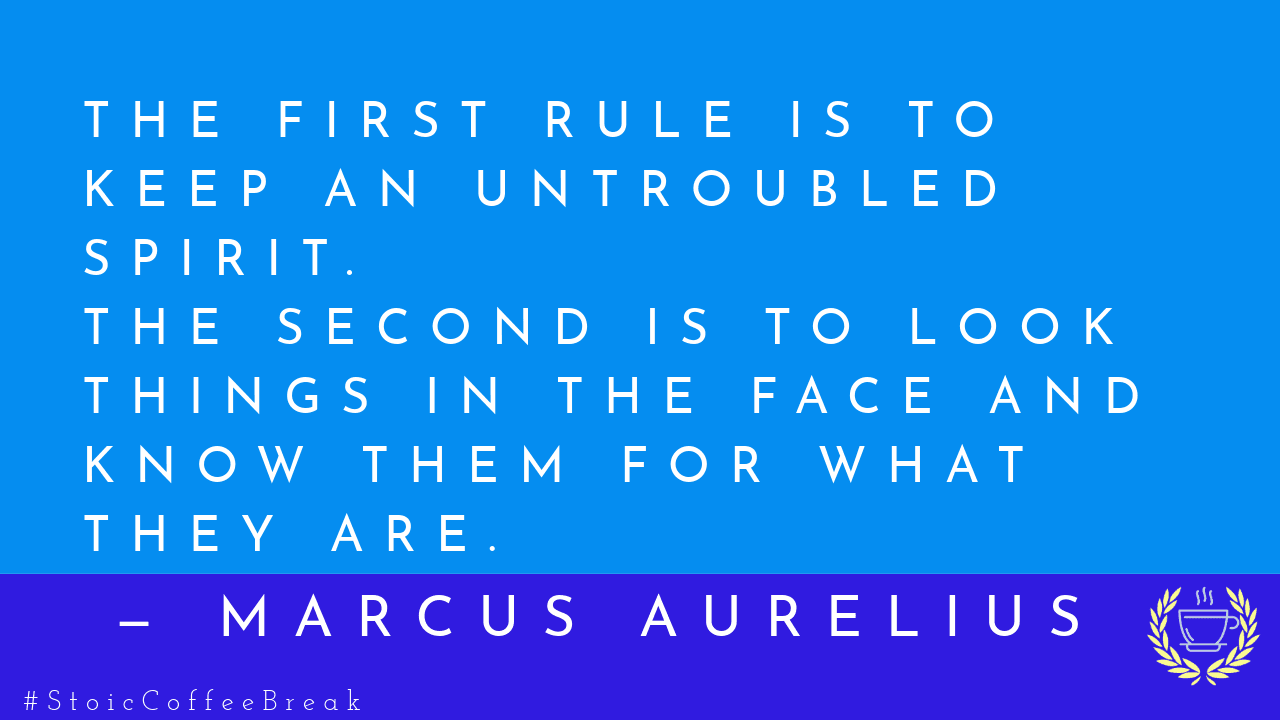Tag: virtue
-

298 – A Map is Good, A Compass is Better
“What then can guide a man? One thing and only one, philosophy.” —Marcus Aurelius Navigating life with a plan is helpful, but relying on an inner compass of virtues like wisdom and courage makes us adaptable and resilient. Stoicism teaches that while maps may fail, our internal principles guide us through uncertainty, helping us grow…
-

288 – Starting Stoicism
“Very little is needed to make a happy life; it is all within yourself, in your way of thinking.” —Marcus Aurelius New to Stoicism? Embark on a journey into Stoicism, an ancient philosophy that teaches the mastery of self through control, judgment, and understanding emotions. Discover practical wisdom for living a virtuous life amidst modern…